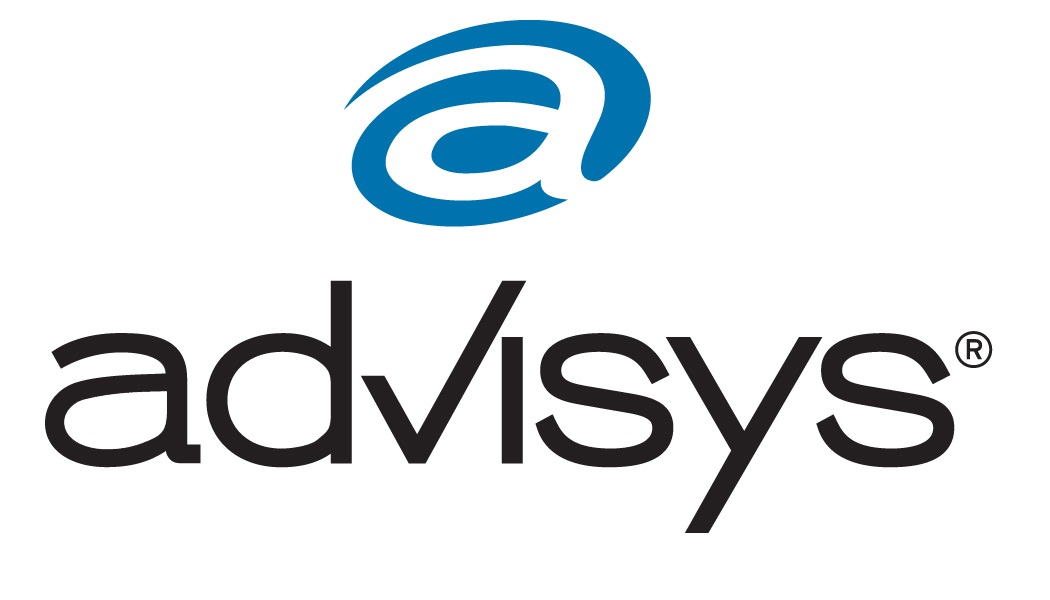How to pay for college tuition
College can be a major expense. Here are some strategies to use shortly after a child's birth all the way through college.
At younger ages
If possible, a college savings program should be started when a child is young:
- Personal savings: Funds put aside by parents or grandparents in taxable investment and savings accounts.
- Tax advantaged approaches: IRC Sec. 529 plans1, Coverdell Savings Accounts or U.S. Savings Bonds.
The high school years
As college draws closer, continue any savings programs begun in the past:
- Scholarships and grants: Many college scholarships or grants are awarded to students while they are still in high school.
During college
If savings are inadequate, other resources will be needed. Consider the following:
- Student aid: Frequently a "package" which may include grants, loans, scholarships or work-study programs, with much of the funding coming from the federal government. Individual states, private individuals and many colleges and universities are also a source of scholarships and grants.
- Military programs: The U.S. military has a number of programs to enable prospective, active duty and former service personnel to attend college.
- Tax benefits: Federal income tax law encourages higher education in a variety of ways, including education tax credits and a deduction for student loan interest.2
- Other approaches: The cost of education can be reduced by living at home or choosing a lower-cost state or community college. A home-equity loan or a loan from an employer-sponsored qualified retirement plan may provide additional funds.
After graduation
For some students, paying for college extends beyond the college years:
- Perform any required service: Some programs require the student to perform a period of service or work after graduation in return for help in funding college.
- Repay student loans: Any outstanding loans should be repaid as quickly as possible.
1 Federal income tax law does not allow deductions for contributions to "529" plans, although growth inside a plan is tax-deferred and qualified distributions are tax-exempt. State or local tax law, however, can vary widely. 529 plans involve investment risks, including possible loss of funds, and there is no guarantee a college-funding goal will be met. The fees, expenses, and features of 529 plans vary from state to state.
2 These comments concern federal income tax law; state or local income tax law may vary widely.





